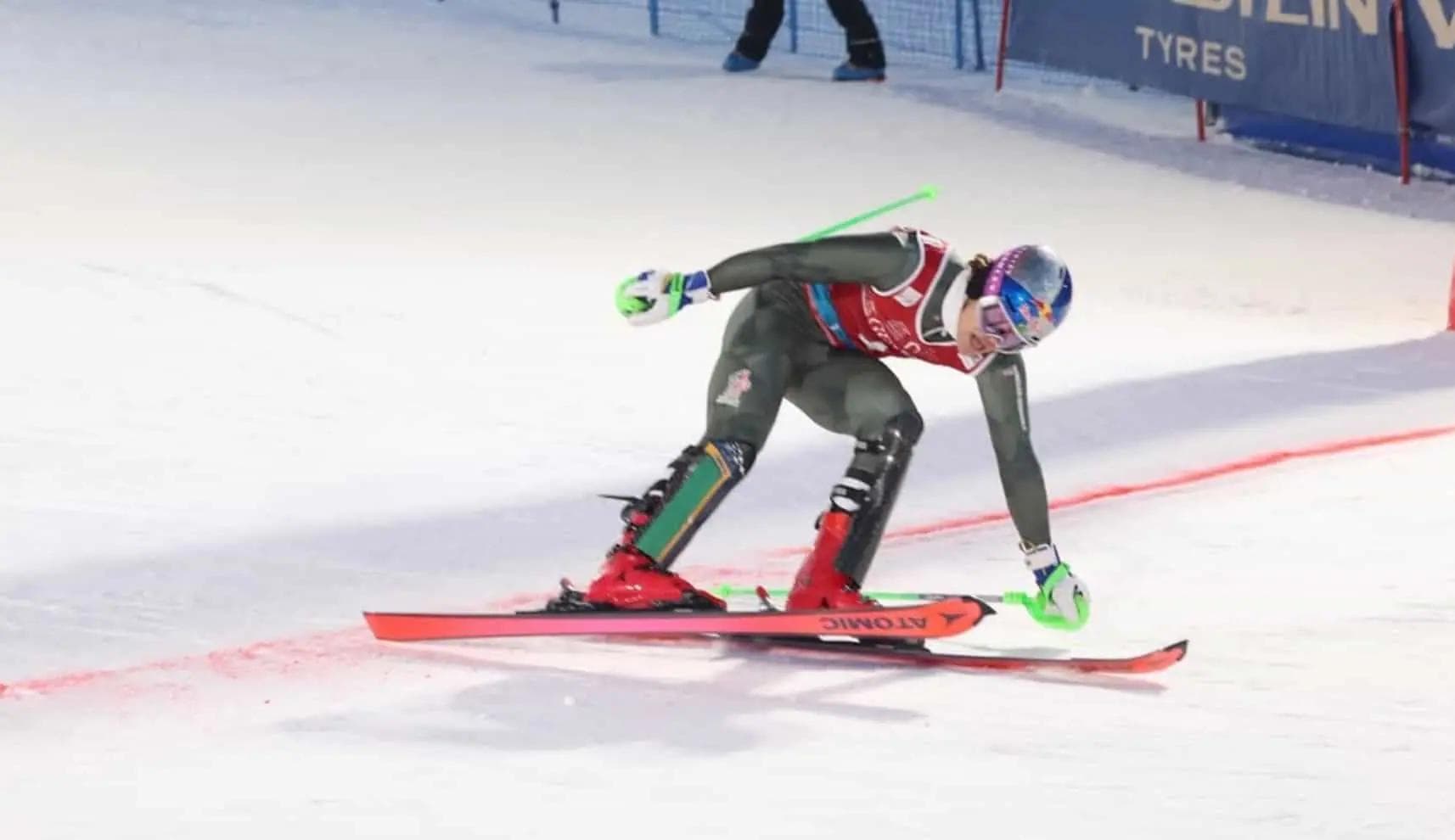
Lucas Braathen Takes Brazil's First Alpine World Cup Win in Levi Slalom
Published Date:
Norway's Loss Becomes Brazil's Gain in Historic Levi Result
Lucas Braathen's calculated gamble on switching nationalities has paid its first dividend. The 24-year-old, competing under Brazilian colours after a highly publicised split from the Norwegian federation, won Sunday's slalom in Levi, Finland—delivering Brazil's first-ever Alpine World Cup victory in the process. France's Clément Noël finished 0.31 seconds back in second, while Finland's Eduard Hallberg claimed third at 0.57 seconds, sending the home crowd into raptures.
It's undeniably historic for Brazil, a country with virtually no alpine skiing infrastructure or tradition. But let's be clear about what this actually represents: a Norwegian-trained athlete, developed through one of the world's most sophisticated ski racing systems, now racing under a flag of convenience. Braathen's mother is Brazilian, making the switch legally permissible, but this is fundamentally about an individual's dispute with his former federation rather than any genuine development of Brazilian skiing.
That said, Braathen skied brilliantly. After a disappointing 2023-24 season where he struggled following his Norwegian federation fallout, his first run in Levi showed the technical precision and confidence that made him a slalom standout in previous years. He posted the fastest opening run by 0.49 seconds, then held his nerve in the second run to secure the win.

The opening run established the pecking order early. Switzerland's Loïc Meillard set the initial pace at 55.45 seconds, only to be bettered by Norway's Atle Lie McGrath and then Timon Haugan. Braathen, starting fourth, produced the run of the day—fluid through the transitions with minimal errors. France's Clément Noël slotted in just 0.08 seconds behind, setting up what would become a tight battle for the win.
Notably absent from the sharp end: Henrik Kristoffersen, who lacked his usual aggression and finished well back from the leading Norwegians. Germany's Linus Strasser, fresh off a switch to HEAD equipment, showed promising form to reach fourth after the first run, though he couldn't maintain that pace in the second leg.
The home crowd had plenty to celebrate with Eduard Hallberg's sensational fifth place after the first run. The 22-year-old Helsinki native, who finished eighth on his World Cup debut in Levi last year, delivered again on familiar terrain—eventually securing his first career podium finish.
American interest centred on Cooper Puckett's remarkable charge from bib 69 into 26th place after the first run. Starting that far back meant tackling a deteriorating course—seven skiers between bibs 60 and 70 failed to finish as deep ruts made the lower sections treacherous. Puckett's performance earned him his first World Cup points and likely positions him well for the Stifel Bibbo Award, given to the athlete who climbs furthest relative to their start number. Less fortunate was Luke Winters, who suffered a DNF after a loose gate disrupted his run, then failed to qualify on his re-run.
The second run delivered drama. Great Britain's Laurie Taylor produced an exceptional run that briefly put him in the lead, holding that position through multiple higher-ranked competitors including Kristoffersen, Meillard, and McGrath. Hallberg then edged Taylor by just 0.04 seconds, sending the Finnish fans into delirium. Noël's penultimate run appeared to have sealed the win, until Braathen attacked the course with the technical sharpness that had been missing last season, securing victory by 0.31 seconds.

This result raises questions the ski racing establishment would prefer to avoid. Braathen's nationality switch—enabled by his maternal heritage—highlights how top-level alpine racing remains largely a transaction between individual athletes and national federations. When those relationships sour, as they did between Braathen and the Norwegian federation over reported disputes about personal sponsorship rights, athletes with dual nationality options can simply jump ship.
Brazil now has a World Cup winner without having invested anything in developing alpine skiing infrastructure or pathways. It's difficult to see how this benefits the sport's growth in South America, though it certainly delivers headlines. The International Ski Federation appears comfortable with this arrangement, presumably valuing the novelty and media attention over any concerns about sporting authenticity.
For Braathen personally, the win validates his decision to sit out much of last season and reset. His technical skiing in Levi showed he's regained the form that made him competitive at the highest level. Whether he can maintain that consistency across a full World Cup season remains to be seen—his 2023-24 results, when he did compete, were decidedly patchy.
The broader competitive picture looks interesting. Norway's slalom depth remains formidable even without Braathen, with Haugan and McGrath both skiing well. France's Noël continues to perform consistently, while Hallberg's breakthrough podium suggests Finland might finally have another genuine slalom contender. The American men showed promise with Puckett's points finish, though Benjamin Ritchie's second-run straddle after a solid opening demonstrates the fine margins at this level.
Next week's racing will indicate whether Braathen's Levi performance represents a genuine return to form or simply one good day on a course that suited him. For Brazil's newly minted World Cup skiing programme—such as it is—that distinction matters considerably less than the marketing value of their first victory.


